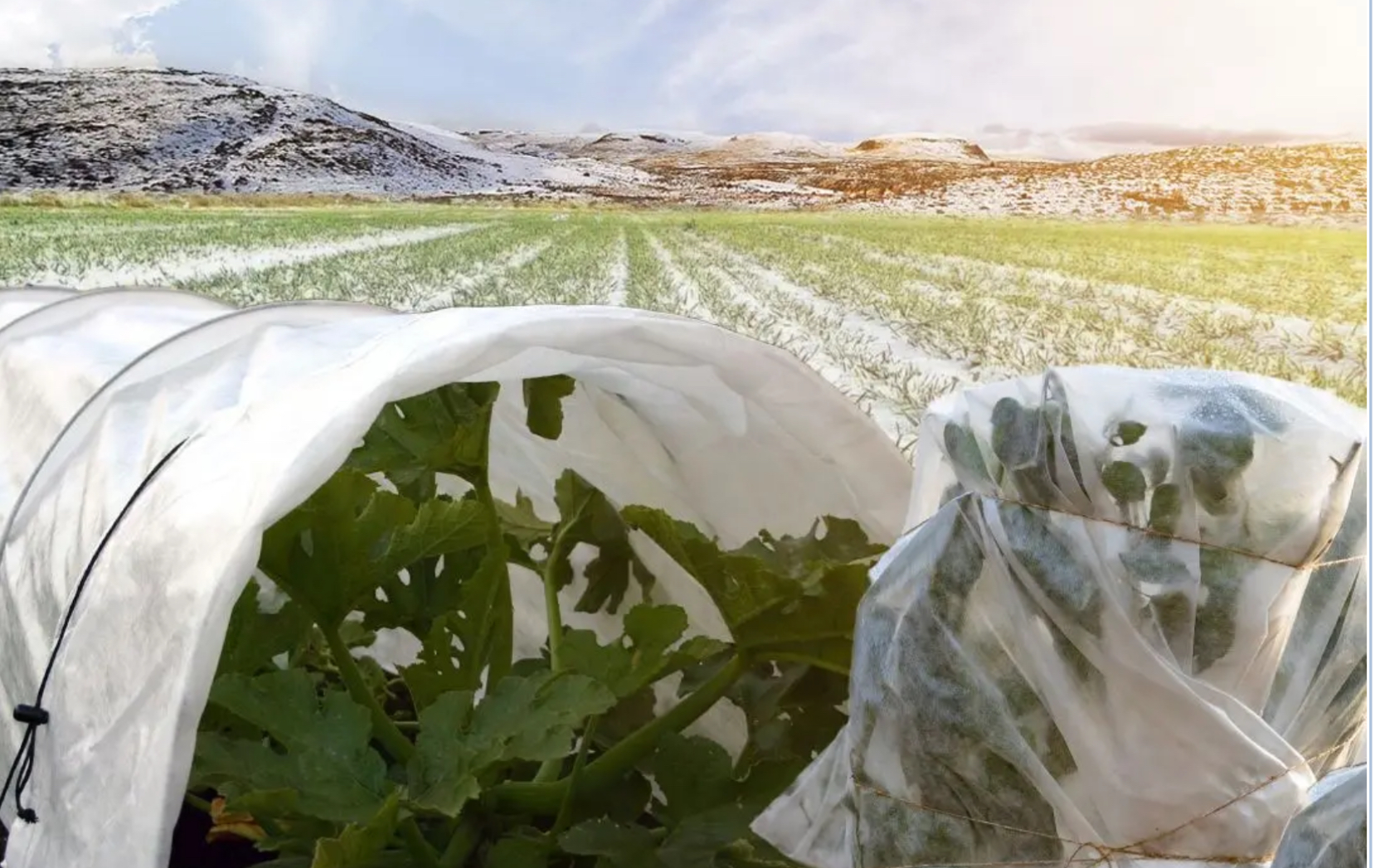As temperatures have dropped sharply in recent days, hydrometeorology experts have issued warnings about the cold weather, which poses a potential threat to agricultural crops. To mitigate the negative impact of frost on crops, scientists from the Ministry of Agriculture of Uzbekistan and its research institutes have developed a set of recommendations for farmers, including the Toksanbosti method for protecting crops like onions.

Experienced farmers, drawing on their years of practice, are also taking the necessary steps to safeguard crops from frost. One of the key factors in successfully managing frost is understanding the frost resistance of various crops and providing proper care accordingly.
Crops can be divided into different categories based on their tolerance to cold temperatures. Cold-resistant and winter-hardy crops include onions, garlic, shallots, turnips, and peppers. These crops can withstand temperatures as low as -10°C to -15°C, and under snow, they can endure temperatures ranging from -20°C to -25°C. Crops that do not require short-term frost protection include other cold-resistant vegetables that can survive severe frosts under natural conditions without the need for additional protection.
Once the cold weather passes, there are several steps that farmers can take to help crops recover from frost-induced "stress" and "shock." First, supplementary feeding is essential. Crops should be fed with preparations rich in microelements and amino acids. Boron-containing fertilizers like Viusid and Biotrac, used for foliar feeding, have proven to be effective in helping plants recover.
Next, the use of nitrogen fertilizers is recommended to stimulate growth and recovery. Nitrogen-containing mineral fertilizers, such as ammonium sulfate, should be applied. These fast-acting fertilizers accelerate the growth process of crops and support their recovery after frost damage.
To protect crops from further cold exposure, heat preservation measures should be taken. In low temperatures, covering the fields with transparent film can help shield the crops from frost and trap heat, reducing the impact of freezing temperatures.
Finally, regular watering and maintaining soil moisture is crucial. Watering helps maintain soil moisture levels, which can act as an insulator, protecting plant roots from temperature fluctuations and minimizing the effects of frost.
Follow Daryo's official Instagram and Twitter pages to keep current on world news.
Comments (0)